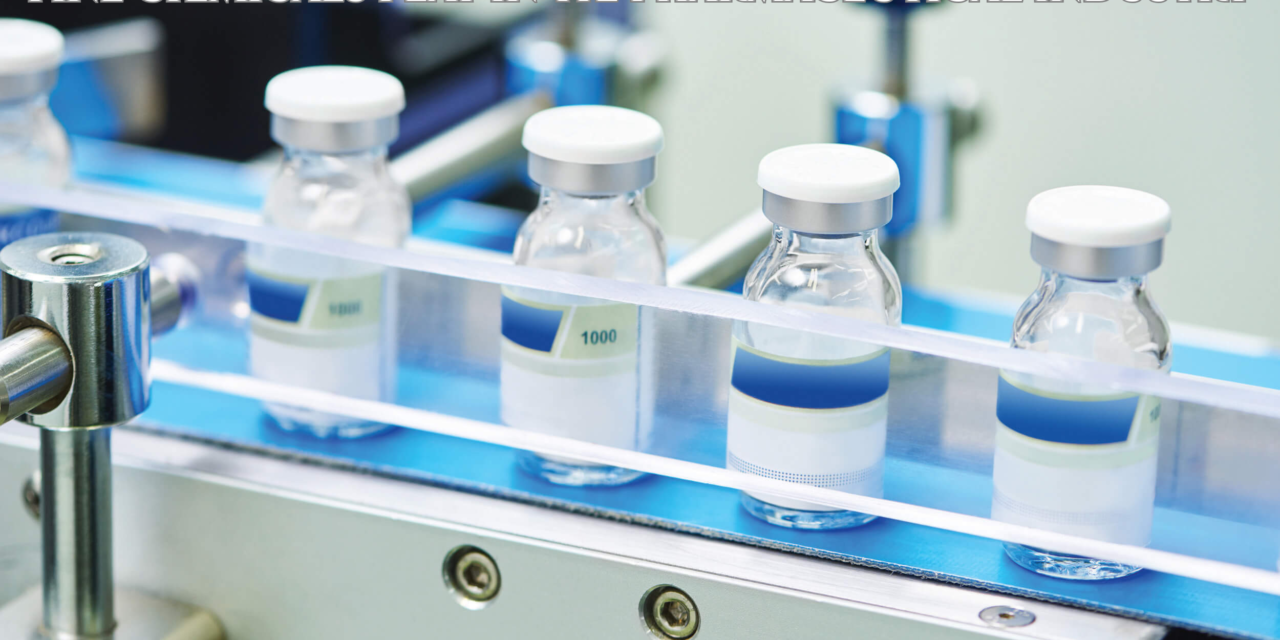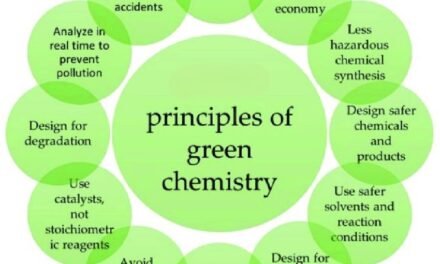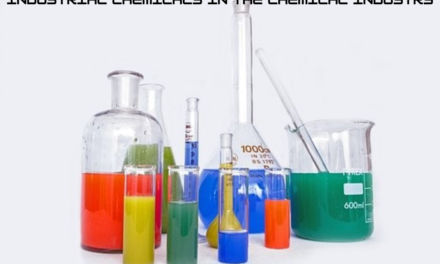Fine chemicals play a critical role in the pharmaceutical industry as they are the essential building blocks for developing and producing medications. These high-purity, single-molecule compounds are used in various stages of drug development and manufacturing, supporting innovation, quality, and efficiency. Below is an in-depth exploration of their roles:
1. Active Pharmaceutical Ingredients (APIs)
- Definition:
- Fine chemicals form the active component of drugs that produce the intended therapeutic effect.
- Role:
- APIs are the core ingredients in medications, responsible for treating or managing medical conditions.
- Examples:
- Ibuprofen (anti-inflammatory drug).
- Atorvastatin (cholesterol-lowering drug).
2. Intermediates
- Definition:
- Fine chemicals are often intermediates in the multi-step synthesis of APIs.
- Role:
- These intermediates serve as the precursors or building blocks for creating complex molecules.
- Examples:
- Key intermediates in the synthesis of antibiotics like amoxicillin or antivirals like oseltamivir (Tamiflu).
3. Excipients
- Definition:
- Non-active fine chemicals that stabilize or enhance the efficacy of APIs in drug formulations.
- Role:
- Excipients improve drug solubility, bioavailability, or stability.
- Examples:
- Polyethylene glycol (PEG) as a solubilizer.
- Microcrystalline cellulose as a filler or binder.
4. Chiral Compounds
- Definition:
- Many drugs are chiral, meaning they have mirror-image molecular structures that can exhibit different biological effects.
- Role:
- Fine chemicals enable the production of enantiomerically pure drugs, ensuring the desired therapeutic effect while minimizing side effects.
- Examples:
- S-enantiomer of omeprazole (esomeprazole) for treating acid reflux.
5. Custom Synthesis
- Definition:
- Fine chemicals tailored to the unique requirements of specific pharmaceutical compounds.
- Role:
- Custom synthesis supports research, development, and manufacturing of niche or proprietary drugs.
- Examples:
- Customized reagents or intermediates for biologics and biosimilars.
6. Research and Development (R&D)
- Role:
- Fine chemicals are essential in early-stage drug discovery and development.
- Used for high-throughput screening of compounds to identify potential drug candidates.
- Examples:
- Specialty reagents for medicinal chemistry and combinatorial synthesis.
- Fluorinated compounds used in structure-activity relationship (SAR) studies.
7. Biopharmaceuticals
- Role:
- Fine chemicals support the development of biologics, including monoclonal antibodies, vaccines, and peptides.
- They provide specialized reagents for cell culture, purification, and formulation.
- Examples:
- Peptide synthesis reagents like Fmoc-protected amino acids.
- High-purity buffers for biologics manufacturing.
8. Drug Delivery Systems
- Role:
- Fine chemicals are used to develop advanced drug delivery systems that enhance therapeutic efficiency.
- Applications:
- Lipid-based nanoparticles for mRNA vaccines.
- Polymers for controlled-release formulations.
- Examples:
- Lipid excipients in COVID-19 mRNA vaccines (e.g., Moderna, Pfizer).
9. Analytical Standards
- Role:
- Fine chemicals serve as analytical standards for quality control and regulatory compliance.
- Applications:
- Ensuring batch-to-batch consistency of APIs and excipients.
- Examples:
- High-purity reference standards for chromatographic and spectroscopic analysis.
10. Green Chemistry in Pharmaceuticals
- Role:
- Fine chemicals enable the adoption of environmentally friendly practices in pharmaceutical production.
- Applications:
- Biocatalysts for reducing hazardous waste.
- Renewable feedstocks for green API synthesis.
- Examples:
- Enzymatic processes for producing drugs like sitagliptin (for diabetes).
11. High-Purity Requirements
- Role:
- Fine chemicals ensure the highest levels of purity required for drug safety and efficacy.
- Applications:
- Removing impurities that could compromise patient health or product stability.
- Examples:
- High-purity solvents like acetonitrile for HPLC analysis in quality control.
12. Personalized Medicine
- Role:
- Fine chemicals are used to create tailored therapies based on individual patient genetics and health profiles.
- Applications:
- Custom APIs for targeted cancer treatments or rare disease therapies.
- Examples:
- Precision oncology drugs like pembrolizumab (Keytruda).
Challenges in Using Fine Chemicals for Pharmaceuticals
- Complex Synthesis:
- Multi-step production processes require precision and expertise.
- Regulatory Compliance:
- Stringent standards from agencies like FDA and EMA require extensive documentation and testing.
- High Costs:
- Customization and purity requirements increase production costs.
- Supply Chain Risks:
- Dependence on specific raw materials can lead to disruptions.
Future Trends
- Biocatalysis and Enzymatic Processes:
- Expanding use of enzymes for eco-friendly and efficient API production.
- Green and Sustainable Chemistry:
- Emphasis on reducing waste and improving energy efficiency.
- Automation and Digitalization:
- Advanced tools for process optimization and quality assurance.
- Growth of Biopharmaceuticals:
- Increasing demand for fine chemicals in biologics and advanced therapies.
Conclusion
Fine chemicals are indispensable to the pharmaceutical industry, serving as the foundation for developing and manufacturing safe, effective, and high-quality drugs. From APIs to advanced drug delivery systems, their role spans every stage of the pharmaceutical lifecycle. As the industry advances toward personalized medicine, green chemistry, and biologics, the demand for innovative fine chemicals will continue to grow.
Hashtags
#FineChemicalsInPharma #PharmaceuticalChemicals#ActivePharmaceuticalIngredients #APIsInPharma #PharmaChemistry #DrugDevelopmentChemicals #PharmaceuticalSynthesis #PharmaInnovation #PharmaceuticalManufacturing #CustomPharmaceuticalChemicals #HighPurityChemicals #PharmaceuticalPurity #PharmaQualityControl #SafePharmaceuticals #PharmaceuticalStandards #PharmaCompliance #GoodManufacturingPractice #PharmaRegulations #PharmaceuticalRegulatory #PharmaceuticalSafety #PharmaR&D #PharmaceuticalResearch

















